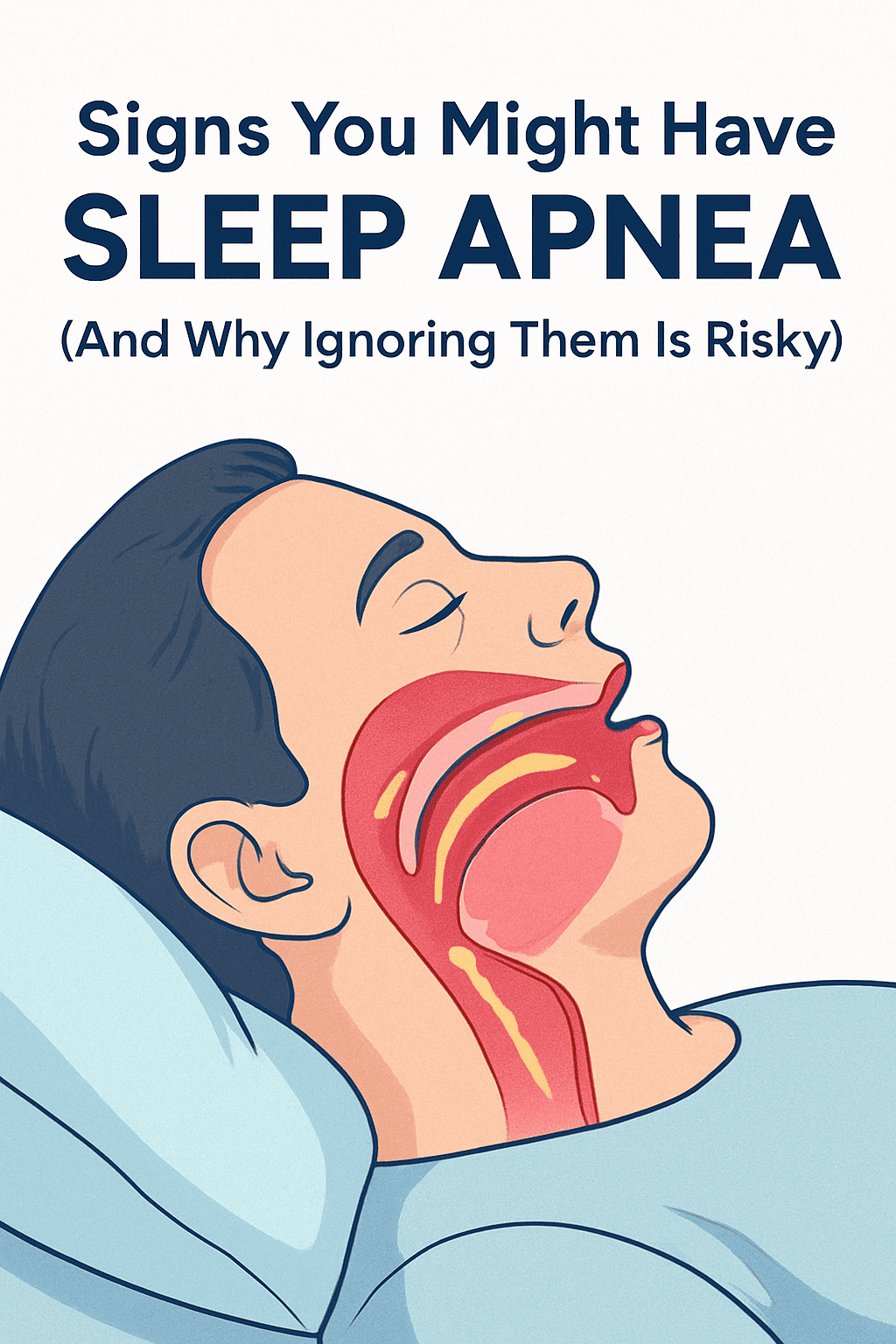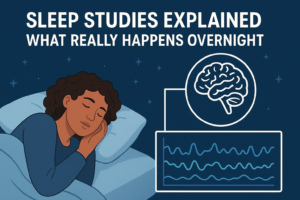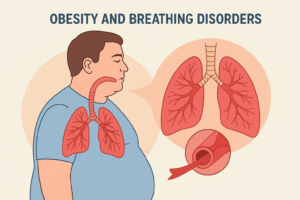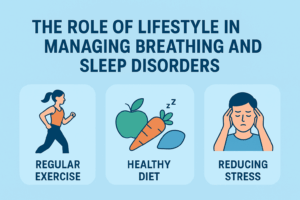
Do you snore loudly at night or wake up feeling exhausted despite a full night’s sleep? These could be signs of sleep apnea, a serious sleep disorder where breathing repeatedly stops and starts. Recognizing the early symptoms of sleep apnea is crucial, because ignoring them can lead to long-term health risks.
Common Signs of Sleep Apnea
Here are the most frequent symptoms to watch for:
-
Loud, chronic snoring – often noticed by a partner.
-
Pauses in breathing during sleep – sometimes followed by choking or gasping.
-
Morning headaches – caused by low oxygen levels overnight.
-
Daytime sleepiness – trouble staying awake during work, driving, or conversations.
-
Poor concentration or memory issues – linked to interrupted sleep cycles.
-
Irritability and mood swings – due to lack of restorative sleep.
-
Dry mouth or sore throat in the morning – from mouth breathing at night.
Why Ignoring Sleep Apnea Is Risky
Untreated sleep apnea doesn’t just disrupt sleep—it can have serious consequences for your overall health, including:
-
High blood pressure – repeated oxygen drops strain the cardiovascular system.
-
Heart disease and stroke – sleep apnea significantly raises cardiovascular risk.
-
Type 2 diabetes – poor sleep affects blood sugar regulation.
-
Obesity complications – weight gain and apnea often reinforce each other.
-
Daytime accidents – drowsy driving or workplace fatigue increase accident risk.
Who Is Most at Risk?
-
People who are overweight or obese.
-
Men over age 40, though women can be affected too.
-
Those with a family history of sleep apnea.
-
People with large neck circumference or narrowed airways.
-
Smokers and heavy alcohol users.
What You Can Do
-
Seek medical evaluation – a sleep study can confirm diagnosis.
-
Lifestyle changes – weight loss, quitting smoking, and limiting alcohol help.
-
CPAP therapy – continuous positive airway pressure keeps airways open.
-
Oral appliances – dental devices may help mild to moderate cases.
-
Surgery – for severe airway obstruction.
Conclusion
Sleep apnea is more than just snoring—it’s a condition that can silently harm your health if ignored. By recognizing the early signs and seeking treatment, you can restore healthy sleep, reduce health risks, and improve your quality of life.
FAQs
Q: Is all loud snoring a sign of sleep apnea?
Not always. Occasional snoring can be harmless, but chronic, loud snoring combined with other symptoms may indicate sleep apnea.
Q: Can thin people have sleep apnea?
Yes. While obesity is a major risk factor, sleep apnea can affect people of any weight, especially those with anatomical airway issues.
Q: How is sleep apnea diagnosed?
Through a sleep study (polysomnography) that measures breathing, oxygen levels, and sleep patterns.
Q: What happens if sleep apnea is left untreated?
It can increase the risk of heart disease, stroke, diabetes, and accidents caused by daytime sleepiness.
👉 Concerned about sleep apnea? Don’t wait—your health depends on it. Call 832-263-1177 today or book online with Houston’s highest-rated pulmonologist: New Patient Forms.




